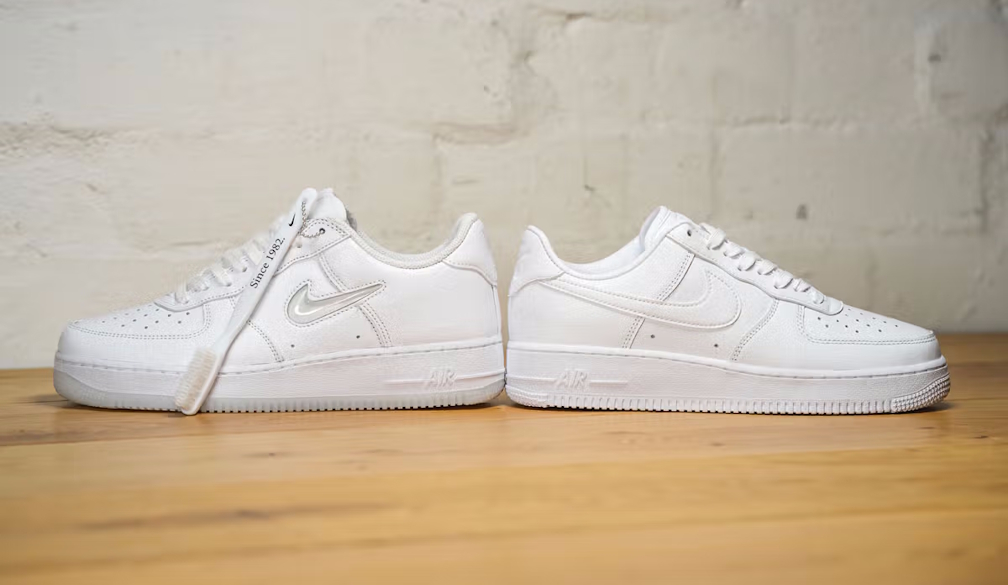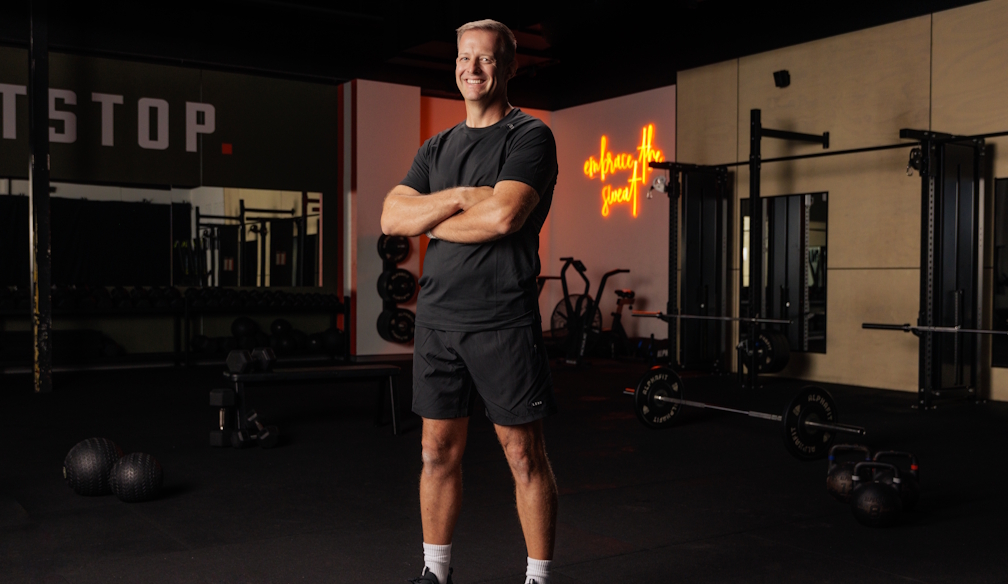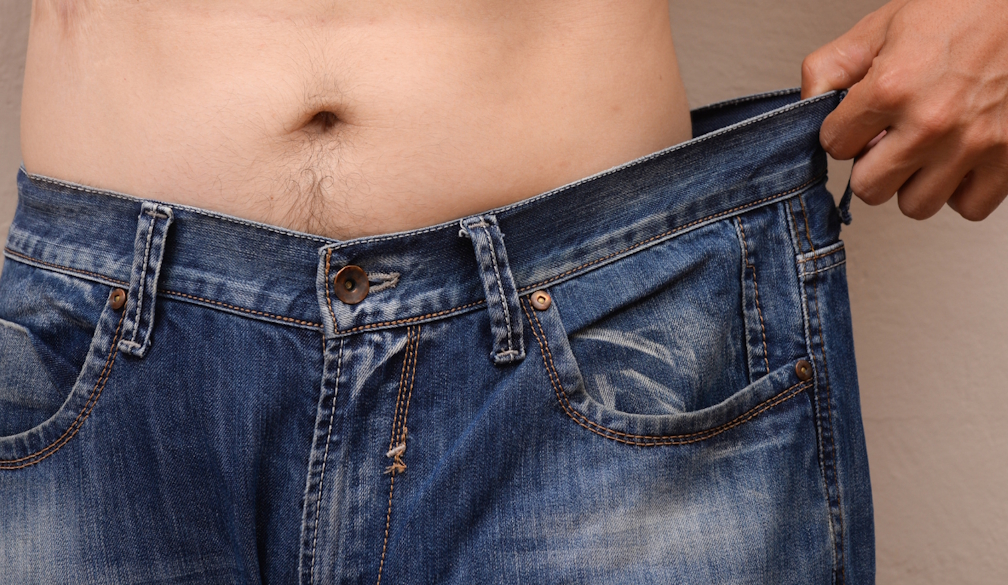Quality footwear is vital for fitness training
- Written by Men's Weekly

The Importance of Quality Running Shoes for Fitness Training
When it comes to fitness training, people often focus on workout plans, diet, and recovery—yet one of the most crucial elements is often overlooked: quality running shoes. Whether you’re sprinting on the track, jogging in the park, or hitting the treadmill, the right footwear can make the difference between progress and pain.
1. Injury Prevention
Running places repetitive stress on your feet, ankles, knees, and hips. Poorly designed or worn-out shoes can lead to common injuries such as shin splints, plantar fasciitis, stress fractures, and joint pain. Quality running shoes provide:
-
Cushioning to absorb impact forces
-
Arch support to maintain proper foot alignment
-
Stability to prevent excessive inward or outward rolling of the foot (overpronation or supination)
By reducing the strain on joints and muscles, good shoes help keep you injury-free and consistent in your training.
2. Improved Performance
The right shoes, such as asics football boots online, can boost your efficiency by providing a more responsive stride. Features like lightweight materials, flexible soles, and energy-return foam help you run longer and faster with less fatigue. Proper fit also ensures that your feet don’t waste energy compensating for discomfort or instability.
3. Comfort and Motivation
Training in uncomfortable shoes can quickly drain your motivation. Quality running shoes offer breathable uppers, moisture-wicking linings, and anatomical shaping that reduce blisters, hot spots, and pressure points. When your feet feel good, your mind is free to focus on the workout—making you more likely to stick with your program.
4. Adapted to Your Needs
Not all running shoes are the same, and a high-quality pair will match your specific training style:
-
Road running shoes for pavement and treadmill sessions
-
Trail running shoes for off-road stability and grip
-
Racing shoes for speed and competition
-
Cushioned trainers for longer recovery runs
A professional gait analysis can help identify the best type for your foot structure and running mechanics.
5. Long-Term Value
While premium running shoes may cost more upfront, they often last longer and maintain their support better than cheaper alternatives. They protect your body, improve your performance, and save you from costly injury-related downtime—making them a smart investment for serious fitness training.
Bottom line: Investing in a pair of quality running shoes isn’t just about style or comfort—it’s about protecting your body, enhancing performance, and ensuring long-term training success. Think of them as essential equipment, just like a weightlifter’s barbell or a cyclist’s helmet.









